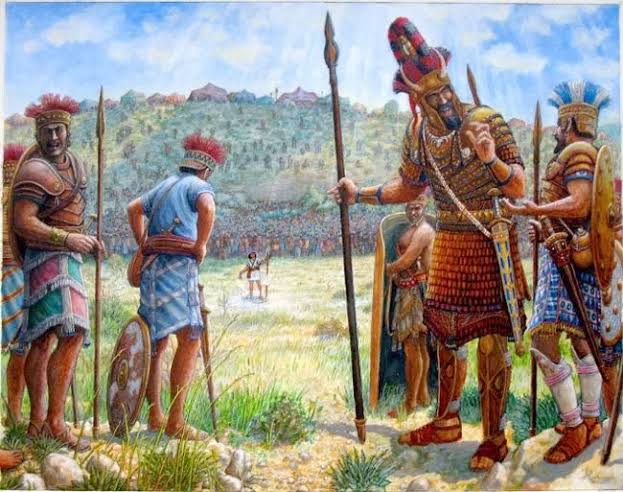Lech Lecha-the Liberation of captives
In this Torah portion, Lech Lecha we can learn a lesson of how to release captives from evil forces. G‑d commanded Abram to leave his father’s house and homeland, and travel to the land of Israel. G‑d promised to make Abram the patriarch of a great nation. Once Abram arrived in the land of Israel, G‑d informed him that He would eventually give that land to his descendants.
However, a severe famine interrupted Abram’s journey, compelling him to seek refuge in Egypt. Fearing for his life due to his wife Sarai’s beauty, Abram devised a plan for her to claim she was his sister rather than his wife. Tragically, Sarai was taken captive and brought before Pharaoh, the Egyptian king. G‑d struck the members of Pharaoh’s palace with a plague, causing Pharaoh to release Sarai. Pharaoh loaded Abram and Sarai with gifts and riches and had them escorted out of his land. Abram returned to the land of Israel with all the captives.
This theme of freeing captives returned in the narrative of Lot, who had journeyed with Abram. Lot and the inhabitants of Sodom were taken captive, prompting Abram to take immediate action. He led a small force to their rescue, liberating all the captives and recovering the spoils. In response to this act, G-d made a covenant with Abram, promising that his descendants would inherit the land of Israel.
One of the fundamental Noahide commandments is the prohibition against theft. Gentiles are completely forbidden from stealing, be it land, people, or any other form of property belonging to the people of Israel. Violation of this commandment could lead to divine punishment.
The seven Noahide principles of justice, righteousness, and consideration for other people’s property and well-being are emphasized in these stories, which serve as a reminder of our responsibility to free the captives and uphold these principles. It serves as a testimony to the enduring significance of these laws and their timeless relevance for the people of Israel and all humanity.
*This is from a series of articles by Rabbi Bernstein Moshe.
